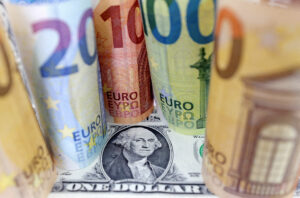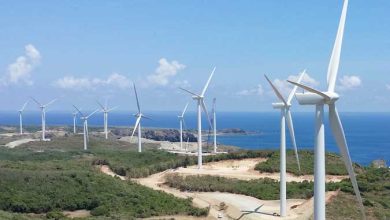FDI net inflows fall to 20-month low

By Luisa Maria Jacinta C. Jocson, Reporter
FOREIGN direct investment (FDI) net inflows slumped to a 20-month low in January as heightened global economic uncertainty weighed on investor sentiment.
FDI net inflows plunged 45.7% to $448 million in January from $824 million in the same month a year ago, data from the Bangko Sentral ng Pilipinas (BSP) showed.
The January figure was the lowest monthly FDI inflow since the $426 million recorded in May 2021.
“FDI net inflows declined during the month amid global economic uncertainties and high inflation, which continued to weigh on investor decisions,” the BSP said in a statement.
The BSP data showed a decline in non-residents’ net investments in debt instruments and equity capital in January.
Non-residents’ net investments in debt instruments of local affiliates fell by 56.6% to $280 million from $645 million in the same month a year ago.
Investments in equity and investment fund shares slipped 6.2% to $168 million in January from $179 million a year ago.
January saw equity other than reinvested earnings decline by 13.1% to $93 million from $107 million.
Broken down, gross placements jumped by 26.3% to $149 million while withdrawals surged by 413.6% to $56 million.
Equity capital placements were mainly from Japan, Singapore, and the United States. These were mostly invested in manufacturing, financial and insurance, and real estate industries.
On the other hand, reinvestment of earnings increased by 4.1% to $75 million from $72 million in January 2022.
“The weak net FDI in January bodes poorly for the rest of the year. A weaker global economy and higher interest rates could have deterred investors and will likely continue to do so for the first half of the year, at least,” China Banking Corp. Chief Economist Domini S. Velasquez said in a Viber message.
Rizal Commercial Banking Corp. Chief Economist Michael L. Ricafort said in a Viber message that elevated inflation, rising interest rates and risk of a US recession weighed on investment inflows in January.
Inflation accelerated to a 14-year high of 8.7% in January, before easing to 8.6% in February and 7.6% in March.
Since May 2022, the central bank has raised its benchmark rate by 425 basis points. This brought the policy rate to 6.25%, the highest in nearly 16 years.
“The government’s economic team’s roadshows could pique investor interest, but as long as we are in the midst of a high interest rate environment, investment expansion will likely remain limited for the rest of the year,” Ms. Velasquez said.
On the other hand, Mr. Ricafort said net FDIs could pick up in the next few months as the Philippine economy is expected to have one of the fastest growth rates in the region. He also expects investment commitments obtained by from President Ferdinand R. Marcos, Jr. from his foreign trips to materialize in the coming months.
The government is targeting 6-7% gross domestic product growth this year.
This year, the BSP expects FDI net inflows to reach $11 billion.




